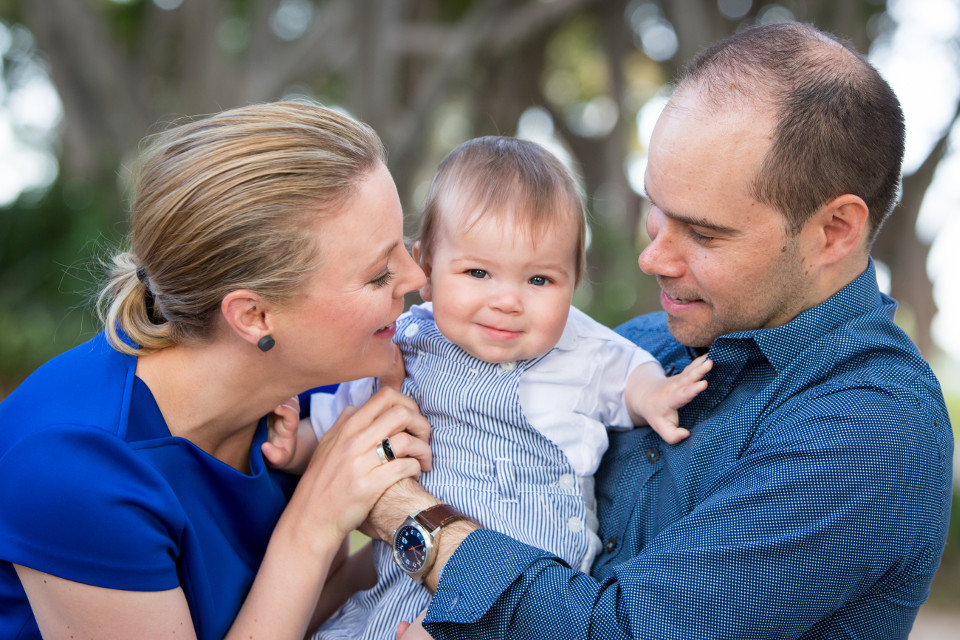When Love Hurts: Perinatal Anxiety And Depression On Valentine’s Day
While the entire world seems to be swept up in red roses, dinner dates and a bubble of love, there are many women struggling with strained relationships as they deal with perinatal anxiety and depression – and it’s really important to remember that you’re not alone.

Healthy Mummy Renee Knight has opened up about how isolating it can be when milestone dates roll around, and you’re feeling anything but celebratory.
Dealing With ‘Happy’ Days When You’re Struggling

Renee says after she gave birth to her son Hamish last year, she spent her first Mother’s Day and her birthday in a mother baby unit.
“I was suffering severe perinatal anxiety and depression. At the time I was living in such a fog and still recovering from my illness, so despite my family and friends trying hard to help me celebrate the occasions, I just wanted to lay low and get through the day.
My husband, Sam, really understood how I felt and he was able to support me through the days, ensuring I could keep focusing on my recovery rather than thinking about how I was meant to be feeling.
It also ensured I could spend the days interacting closely with my son. These were special moments, especially as my son rolled over for the first time on my birthday! I still remember this as one of the best days of my life, what an amazing birthday present.”
Renee explains that she and her husband tackled her perinatal anxiety and depression as a team, making her feel less isolated.
“We both recognised I was ill and needed help quickly. He was incredibly supportive of me going to hospital with our son into the mother baby unit. My husband has been there with me every step of the way from diagnosis to recovery and beyond.”
Who Else Can You Lean On?
Not everyone has the support of a partner, which can be even more jarring on Valentine’s Day – but there is help available.
“If left untreated, perinatal anxiety and depression can have devastating effects on women, men and families, not just risking relationships but also lives,” said Perinatal Anxiety & Depression (PANDA) CEO Terri Smith.
“That’s why we need to raise awareness in the community about the signs and symptoms of the illness so people can know what is happening to them, know that they are not alone, and can seek help as early as possible.”
Signs and symptoms of perinatal (pre and post birth) anxiety and depression include:
- Panic attacks
- Persistent, generalised worry
- Sleep problems unrelated to the baby’s needs
- Lethargy
- Loss of confidence and self-esteem
- Constant sadness or crying
- Withdrawal from friends and family
Get help – The Association for Post Natal Illness offers confidential phone counselling for women who need a chat. Check out their website for more info.
There are also plenty of helpful resources available at the PANDAS foundation website along with a confidential phone line, online chat groups and in person support groups.
Join our community of supportive mums!
If you are wanting to get that bit of extra support in your journey to better health come and join our community of like-minded mums!



